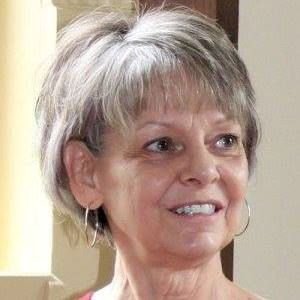My Beard, Mostly Gray Now
/Brandon Krieg
My beard, mostly gray now.
Pile in the sink like snow driven over
by trucks delivering toothbrushes
people could have gone to get themselves.
I scoop the pile into the toilet,
where it floats on my reflected face.
I’m cleaning the sink and Ez runs in,
pisses before I’ve flushed.
“Hey, you’re peeing on my beard!” I shout.
He notices and laughs, runs out again
to the video game he is playing
with a cousin three thousand miles away.
Who knows how far my beard will go?
Will it be filtered with the solid wastes,
will it be straw in the shit-mud bricks
the palace of the future will be built with?
Someone could pull a strand from the wall,
read my DNA, but who has time,
and the most titillatingly criminal
thing I’ve done is click to get
a yardstick delivered in a giant box—
selfish, lazy, but perfectly legal.
That was months ago, and I still haven’t
measured anything. I prefer not to know
the exact smallness of my life in
the eyes of the metric system. I kiss you
in the kitchen with smooth face
for the first time in months, and you
smile like remembering something.
Brandon Krieg's most recent collection is Magnifier, winner of the 2019 Colorado Prize for Poetry chosen by Kazim Ali and finalist for the 2022 ASLE Book Award in Environmental Creative Writing. He lives in Kutztown, PA and teaches at Kutztown University.





